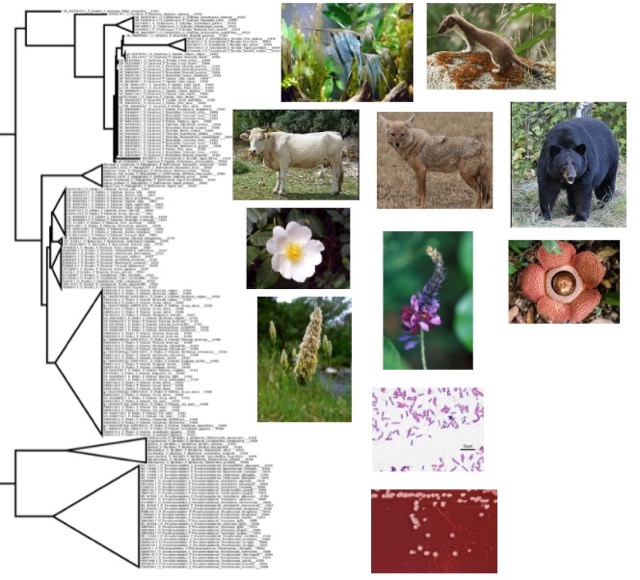We use cookies on this site to enhance your user experience
By clicking the Accept button, you agree to us doing so. More info on our cookie policy
We use cookies on this site to enhance your user experience
By clicking the Accept button, you agree to us doing so. More info on our cookie policy

This introductory course provides a foundation in statistical concepts, methods, and their applications in biology and agriculture. It covers essential techniques for data exploration, analysis, and interpretation, enabling individuals to make data-driven decisions in these fields. The course focuses on developing the skills and knowledge needed to effectively use statistical tools and methods, including the statistical software R.
Topics will include descriptive statistics, basic probability, discrete and continuous distribution, sampling distribution, point estimation, confidence intervals, hypothesis testing, one-way analysis of variance, correlation, linear regression analysis, and chi-square test.

Bioinformatics is a rapidly evolving field, and it is actively used in multiple areas of researches. This interdisciplinary field integrates biology, statistics, and computer science to analyse and interpret biological data. The course covers the most fundamental concepts, methods, and tools used in bioinformatics. Students will be able to use these bioinformatics tools to solve the problems for their own researches.
Modules in this course:
In the era of big data, proficiency in several fundamental computational skills is required to conduct high-quality analysis and reproducible research in multiple disciplines. Within the field of biology and agriculture, large-scale datasets are easily accessible due to the advancement in technology. The amount of data will continue to increase at a dramatic rate over the following decades. Students will be required to have the ability to process and analyse large amounts of data efficiently in the “-omic” and even “post-omic” era.
This course will introduce a few fundamental and transferable computational skills for students who work with biological data. These skills include but are not limited to command line interface, working with computer servers, software version control (Git and GitHub) for collaboration, software testing for reproducible analysis, working with the relational database (MySQL), data cleaning and manipulation.
Although many of these skill sets are transferable to fields outside of biology, this course will focus on their application to biological data.
Course Description: This seminar course is designed to enhance your communication, reading, and discussion abilities. You will acquire skills in analyzing academic materials and actively engaging in discussions. This course operates as a journal club, emphasizing interactive and collaborative discussions.
Course Objectives